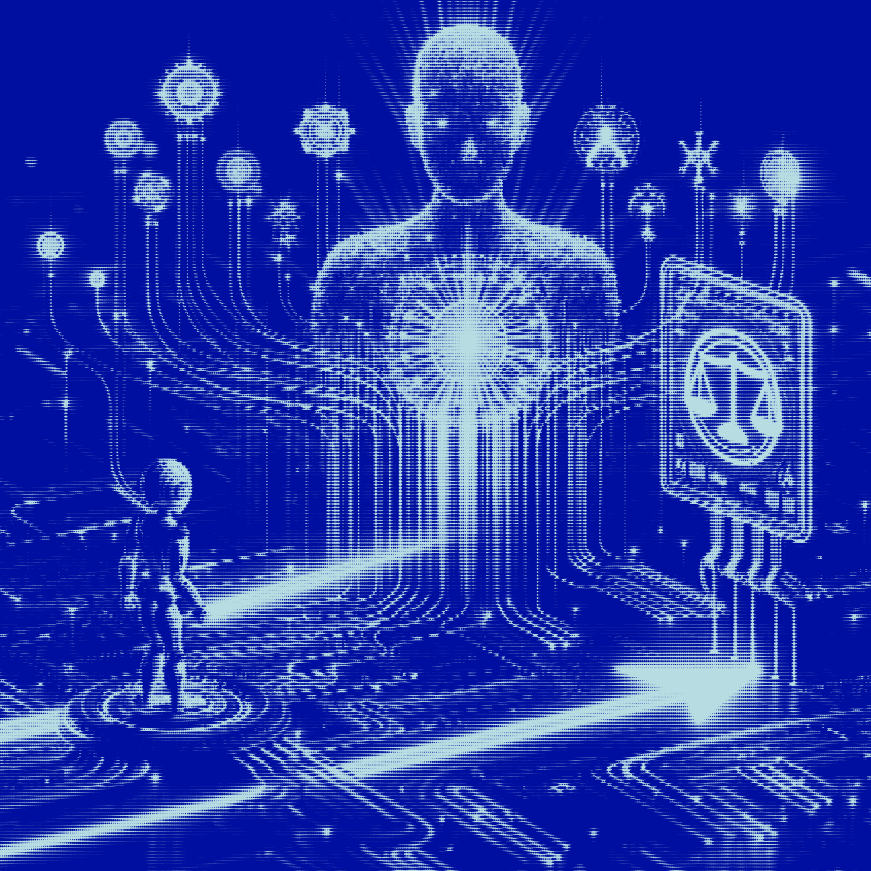AI in Precision Therapeutics Has a Strategy Gap, Not a Science Gap
Pharmaceutical scientists broadly agree that artificial intelligence and machine learning can accelerate translational medicine and precision therapeutics. The tools exist. The models are advancing. The data volumes are unprecedented.
What remains unresolved is how to embed these capabilities responsibly and at scale across the therapeutic lifecycle.
The gap is not technical innovation. It is strategic integration across ethics, regulation, and execution.
From Isolated Models to Embedded Intelligence
AI adoption in drug development has largely progressed through siloed proof-of-concept efforts. Individual teams apply AI to PK/PD modeling, biomarker discovery, real-world evidence analysis, or trial optimization with promising results.
Yet these efforts often fail to translate into sustained, enterprise-level impact.
Why?
Because AI is treated as an add-on capability rather than a designed element of translational strategy. Without alignment to FDA and ICH frameworks, ethical governance, and patient safety expectations, AI initiatives stall at validation, inspection, or commercialization.
This fragmentation creates uncertainty precisely where confidence matters most.
Where the Risks and Opportunities Converge
Advanced applications such as predictive immunogenicity modeling, AI-enabled companion diagnostics, federated analytics, and adaptive trial design introduce both opportunity and risk.
These approaches promise:
- Better patient stratification
- Earlier signal detection
- Reduced late-stage attrition
- More precise therapeutic targeting
At the same time, they raise critical questions:
- How is AI-derived evidence evaluated by regulators?
- How is bias identified and mitigated?
- How is patient data protected across collaborative ecosystems?
- How do scientists maintain scientific rigor while accelerating timelines?
Without clear frameworks, organizations either underutilize AI or overextend it.
Ethical and Regulatory Strategy Must Be Designed, Not Retrofitted
Ethics and compliance cannot be layered onto AI after deployment.
Responsible AI in precision therapeutics requires intentional design across:
- Model development and validation
- Data provenance and governance
- Transparency and explainability
- Human oversight and accountability
Regulatory confidence depends on traceability, reproducibility, and alignment with evolving global guidance. Ethical confidence depends on patient-centricity, fairness, and trust.
When these considerations are embedded early, AI becomes an accelerator. When they are addressed late, AI becomes a liability.
What This Means for Pharmaceutical Scientists and Leaders
The future of precision therapeutics depends on moving beyond experimentation toward scalable, compliant adoption.
Scientists and leaders must be equipped to:
- Embed AI into PK/PD, PBPK, and QSP workflows responsibly
- Leverage federated analytics without compromising privacy
- Apply AI to biomarker validation and companion diagnostics with regulatory foresight
- Integrate real-world evidence into development and commercialization strategies
This requires shared understanding across translational science, clinical development, regulatory affairs, and data science.
A New Model for Learning and Engagement
Advancing this shift demands more than traditional presentations. It requires dialogue, shared problem-solving, and exposure to real-world scenarios.
Interactive formats such as moderated panels, live polling, and case-based discussion enable professionals to confront practical barriers directly. These approaches surface where organizations struggle, where regulators are converging, and where ethical considerations are most acute.
Engagement becomes a mechanism for alignment, not just education.
From AI Enthusiasm to AI by Design
Embedding AI responsibly into precision therapeutics is not about slowing innovation. It is about ensuring innovation delivers durable impact.
Organizations that succeed will treat AI as a designed component of translational strategy, aligned to regulatory expectations and ethical principles from the outset.
Those that do not risk fragmented adoption, delayed approvals, and lost confidence.
Why This Conversation Matters Now
AI is already influencing therapeutic decisions, trial designs, and regulatory submissions. The question is not whether it will shape the future of precision medicine.
The question is whether it will be embedded thoughtfully, transparently, and responsibly.
By focusing on ethical governance, regulatory harmonization, and patient-centered frameworks, life sciences leaders can move from conceptual enthusiasm to compliant, scalable execution.
That is the work ahead.
































